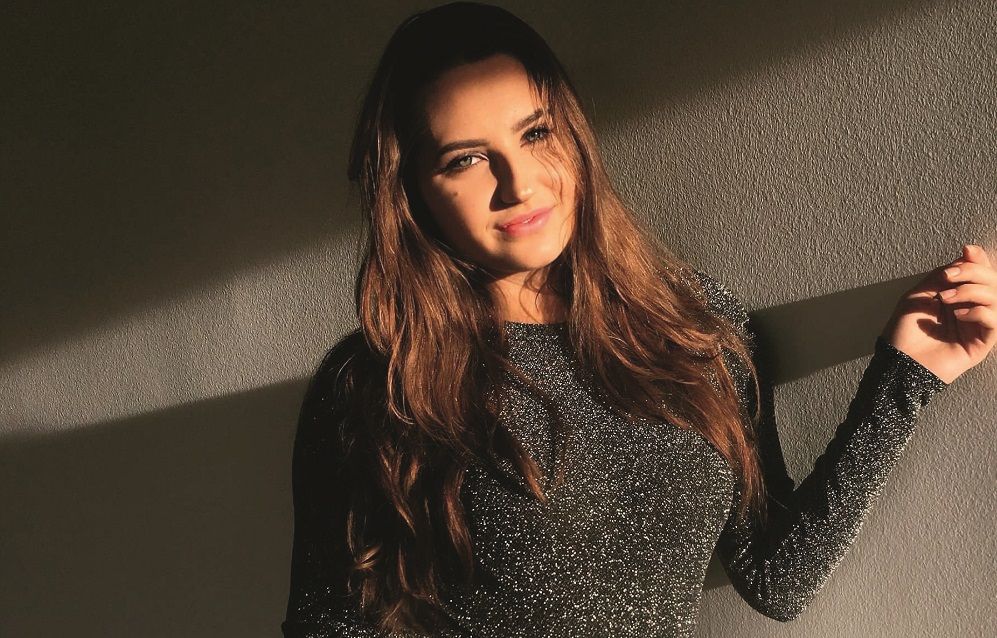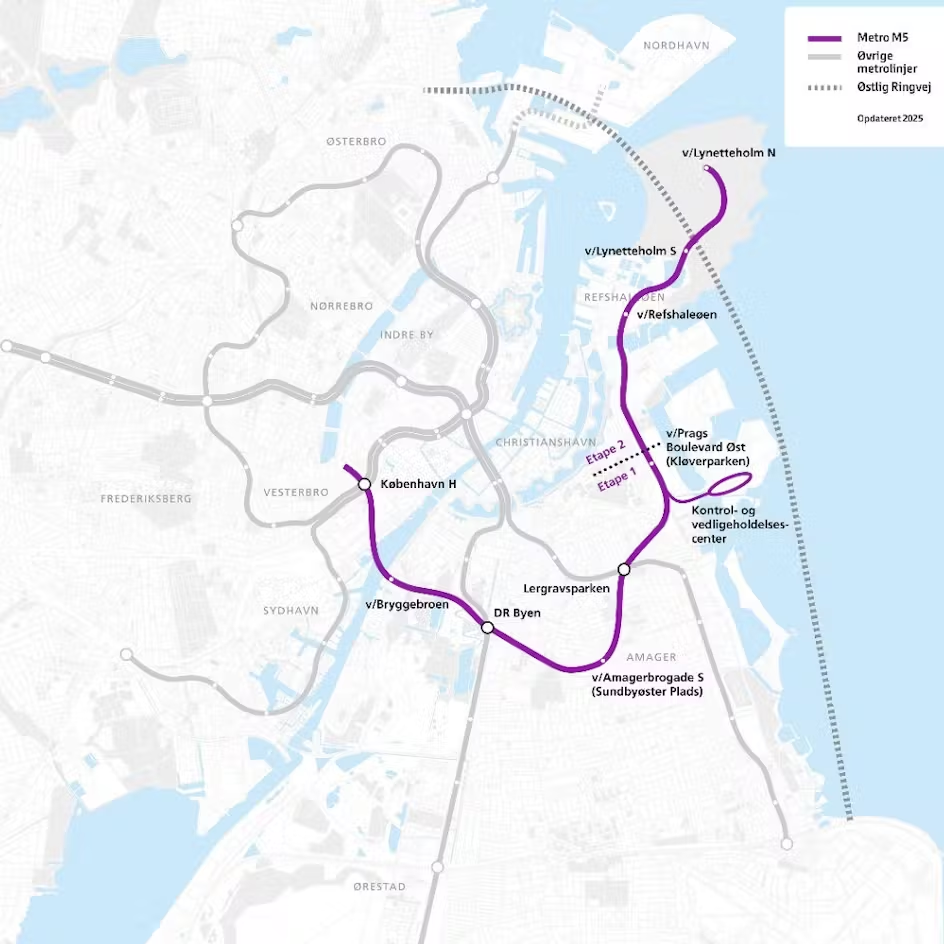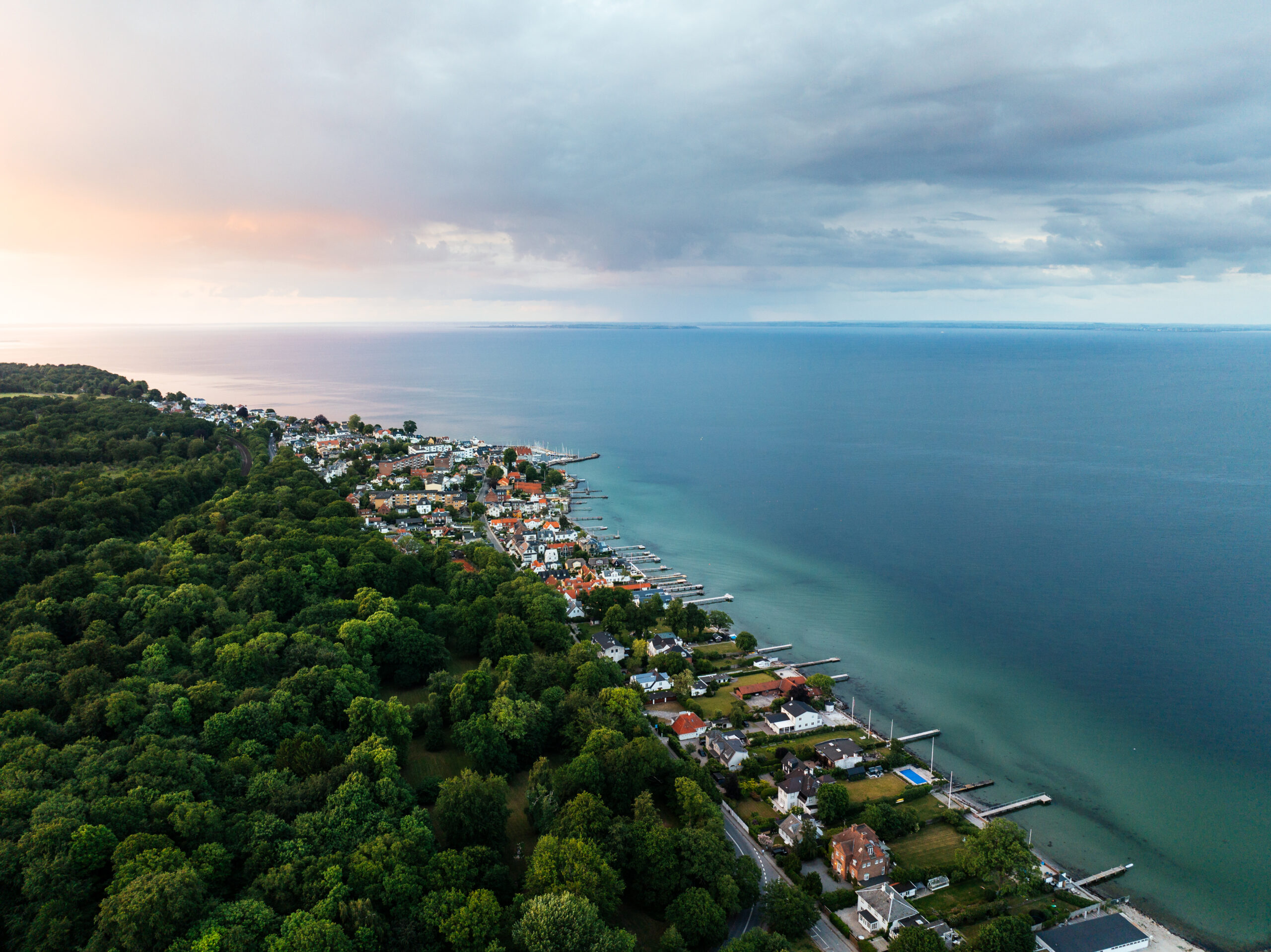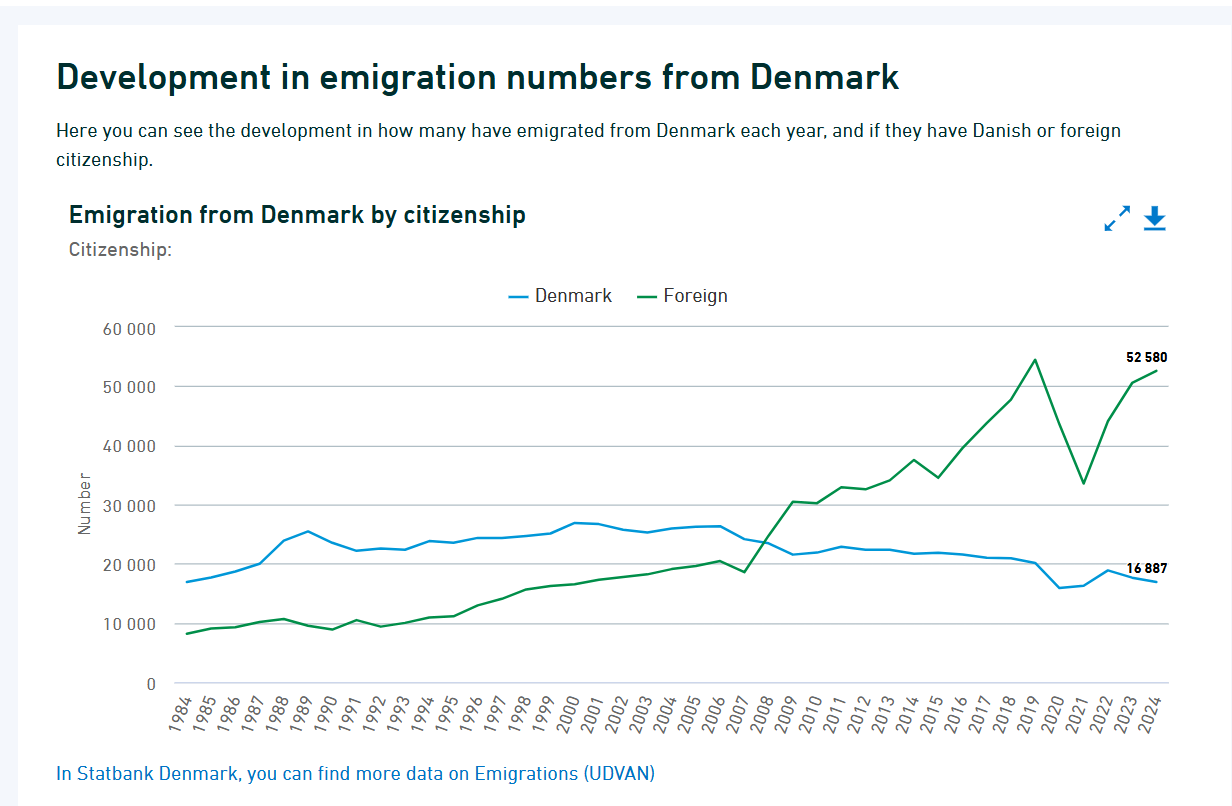Life as the child of a diplomat can be isolating and full of uncertainty, putting a strain on friendships and forcing young people to adapt quickly to cultural environments and languages.
Laura is 17 years old and attends Copenhagen International School. She loves travelling, sports and hopes to study medicine after graduating from high school.
In which countries has your father served?
His first posting was in Denmark, followed by Russia, Austria, Turkey and now Denmark again.
What country does he represent?
Estonia.
When did he enter the foreign service?
In 1992, at the age of 26.
Have you accompanied your father on his postings?
My sister Helena and I were born in Vienna. We lived in Estonia for a few years after our time in Austria, followed by a posting in Turkey that lasted 4 years. We returned to Estonia for 7 years and then moved to Denmark. This is our 4th year in Copenhagen.
What was it like to be a foreigner in those countries?
My experiences as a foreigner in both Turkey and Denmark has been very positive. In Turkey I was so young that it felt completely normal to live in a country so different from Estonia. Some of my favourite childhood memories are linked to when I lived in Ankara. Having spent so much time abroad has practically made English my second mother tongue.
I have met people that I will be friends with my entire life. The experiences are so colourful, so positive and always full of new adventures. I have kept all of the great memories and encounters and carried them with me to this very day. I have truly learned a lot from them.
I was older when we headed for Denmark, and moving away from everything that felt like home was hard. I was 13 and thought that leaving sports, friends and family would be the end of the world. Despite this, I remember having a strong feeling of excitement right before coming to Denmark.
Thinking rationally, I knew that I would make new friends and that Denmark would eventually feel like home. Additionally, I knew that my IB classmates would be welcoming, as the majority of them know what it is like to live in a different country.
I believe attending an international school will open many doors for my future. The things I’ve learned and experienced have definitely shaped the person I am today. Having grown up in so many different places has made me appreciate the uniqueness all countries have and encouraged me to explore different cultures and traditions. I now have an international network and have cultivated the values I’ve learned along the way to become a very open-minded person.
What life lessons could be learned from being the child of a diplomat?
I always try to learn and absorb as much as I can. I am very accepting of everyone and I respect their point of view. In difficult situations, I’m more inclined to remain calm and be polite. My sister and I have often laughed about how our diplomatic upbringing has taught us to handle any situation with patience and humility.
What is the fondest memory you have from your time abroad?
So many to choose from. There’s one my family loves and it never stops being funny. This happened when we were living in Turkey. I remember yanking both my parents out onto the balcony and telling them that our security guard spoke English.
My parents both knew that he did not and kept telling me, so I said “I can prove it.” I waved to the guard with a gleeful smile and yelled “Hello!” He waved back and answered “Hello, Laura.” I proudly turned to my parents and concluded, “See, I told you he can speak English.”
My parents instantly burst out laughing, not letting on that there is a difference between a universal salutation and a whole language. I think this story shows how quickly children can adapt to new environments.
Has your transition to the Danish culture been easy?
I appreciate how easy it is to communicate with people in Denmark. Their English is quite good. Even those that clearly prefer not to speak English try hard. And how could I neglect to mention hygge? The concept is fantastic. I think Danish culture is characterised by comfort, cosiness and being friendly.
Nevertheless, I’ve also experienced that it can take time for some Danes to get comfortable with newcomers. So although it can be a very warm and sincere community, foreigners might not always get that vibe. In fact, some Danes might come off as a bit rude or cold, but when you spend enough time with them you see their true colours.
What do you think of your father’s job?
I see diplomacy as a way of bringing together different cultures and philosophies and I think that’s so important. I’m very proud of him. Diplomacy is almost like a neutral voice, which can effectively calm people down when tensions are high and promote peace. You need to be diplomatic in order to avoid war.



















